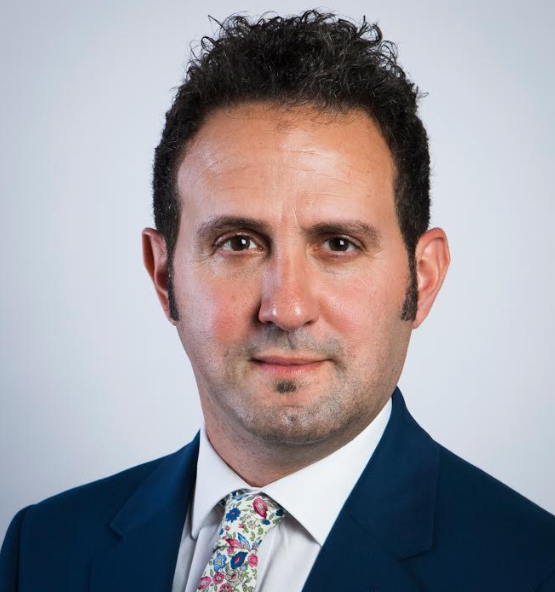More than a thousand people from Turkey and Syria have made their home in Brighton and Hove and work or study here. Some will have links with the areas affected by two devastating earthquakes on Monday (6 February).
Many others in Brighton and Hove will also have followed the news from the area and wanted to help – some in practical ways and others by making a donation to the relief efforts.
The earthquakes had magnitudes of 7.8 and 7.5 on the Richter scale and struck almost consecutively in south-eastern Turkey and in neighbouring war-ravaged northern Syria, affecting camps, villages and cities.
The impact has been substantial on some communities because the two earthquakes struck in the early hours of the morning while people were asleep.
The damage has been devastating. At the time of writing, reports – mostly from Turkey – estimated that at least 9,000 people had been killed. The death toll is expected to rise significantly, especially as reports from Syria have started coming in.
Tens of thousands more will have been injured and displaced while thousands of buildings have been destroyed. Some collapsed. Others have been left badly damaged and unsafe.
The situation has been exacerbated this week by a regional snow storm affecting all of the eastern Mediterranean.
The low temperatures will make the job of the rescuers harder and will most certainly deepen existing systems vulnerabilities, such as war, refugees in camps, internally displaced people across the region and already stretched health systems.
This disaster shows how vulnerable communities end up taking the brunt of multiple stresses and shocks that affect their neighbourhoods.
It also shows the critical importance of “precovery” in addition to recovery, ie, building capacity and resilience to compounded shocks before they strike in addition to an effective recovery effort after they strike.
Some cities, and countries, have been fortunate in that they get the importance of anticipating, assessing, preventing where they can, mitigating, responding to and recovering from known, unknown, sudden, direct, indirect or emerging contingency risks.
Sometimes we see these risks coming. In most cases, we cannot anticipate earthquakes even though their impact teaches us about the importance of “whole society resilience”.
This incorporates not just the physical infrastructure, design coding and standards but social resilience and the resilience of critical care and emergency sectors.
It is no good to anyone if a hospital is built to high standards for earthquake resilience if the roads leading to it are not.
I highlighted this week the need for enforcing design codes and building standards to protect lives and livelihoods in a piece published by Peter Beaumont in the Guardian.
Yet, in numerous editions of the World Economic Forum’s Global Risks Report over the past few years, including the 2023 edition, natural disasters barely merit a mention.
We know how, without warning, earthquakes can cause loss of human life, damage to ecosystems, destruction of property and financial loss on a large scale.
And, now, since the publication of the 2023 report, nature has given us not one but two large magnitude earthquakes in a part of the world that has been straining under the pressure of the ongoing stresses of conflict and migration.
There was a smaller magnitude earthquake measuring 5.5 in Jordan this morning (Wednesday 8 February) – one of many aftershocks.
Among those working on the ground are the British charity RedR UK. I’ve worked with them in the past on the Syrian refugee crisis. To make a donation, clock here.
RedR UK is helping the earthquake response with technical support, advice and training on structural damage assessments, entering buildings safely and, when the time is right, repair and seismic retrofitting.
One of the things that they have received numerous requests for are technical advisers willing to provide remote or in-country support to those responding – humanitarians and local organisations – without technical knowledge.
If any of our residents in and around Brighton and Hove want to and are able to volunteer with RedR then I am happy to connect them to the team co-ordinating technical recovery support.
In the meantime, let’s all keep the victims and their families in our thoughts and prayers.
Councillor Samer Bagaeen is a professor of planning and systems resilience and a Conservative member of Brighton and Hove City Council. He was born in Jordan.











Is there a collection point in Brighton for clothes?